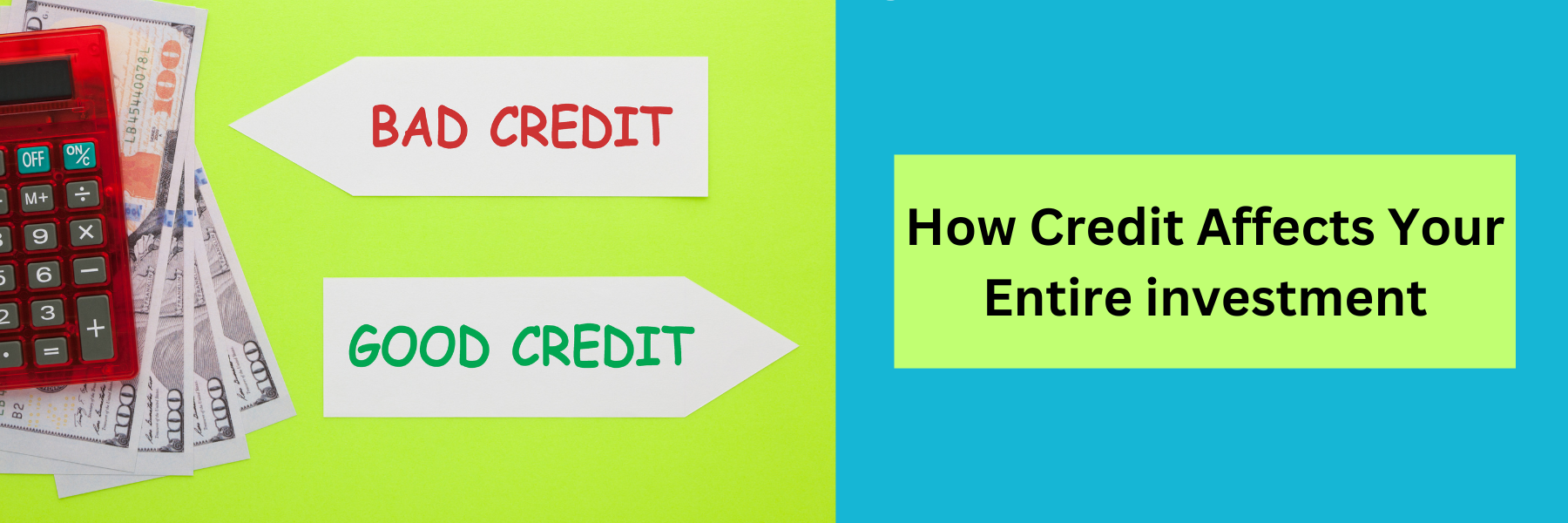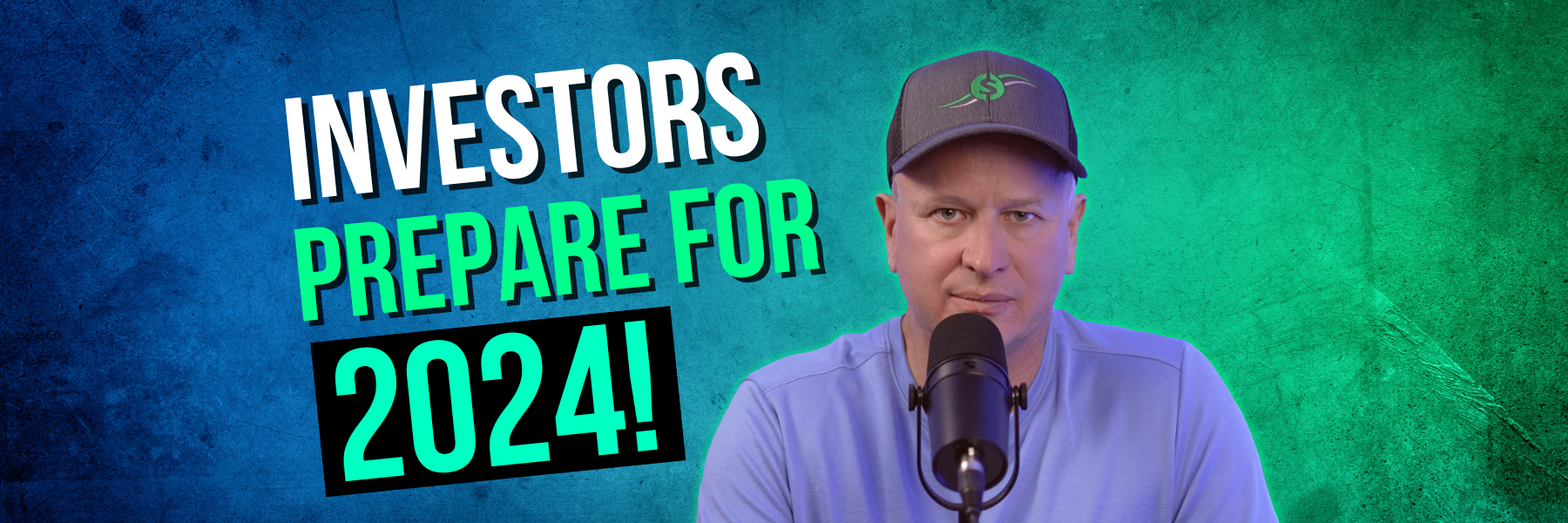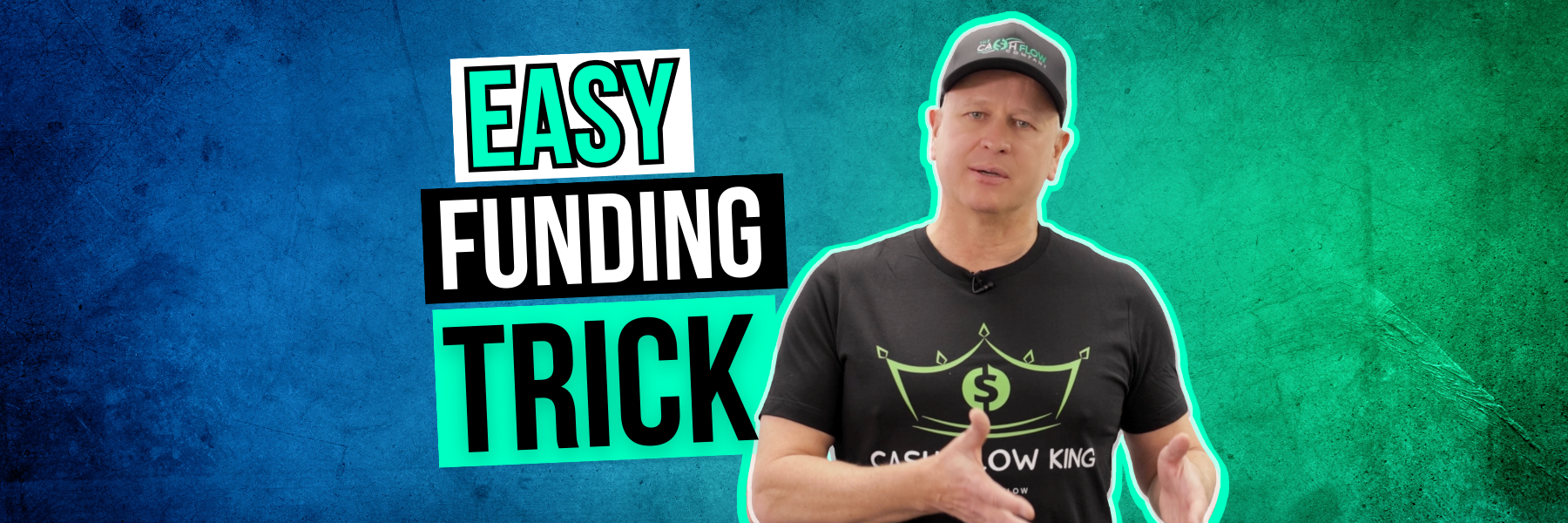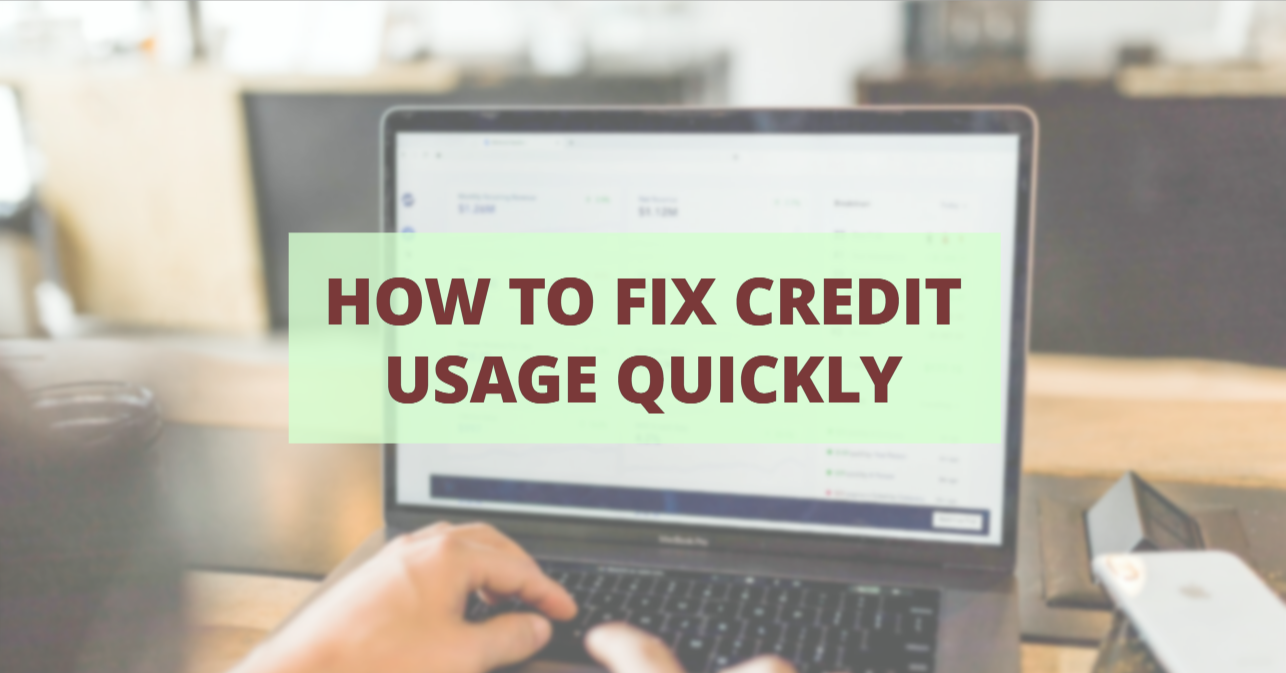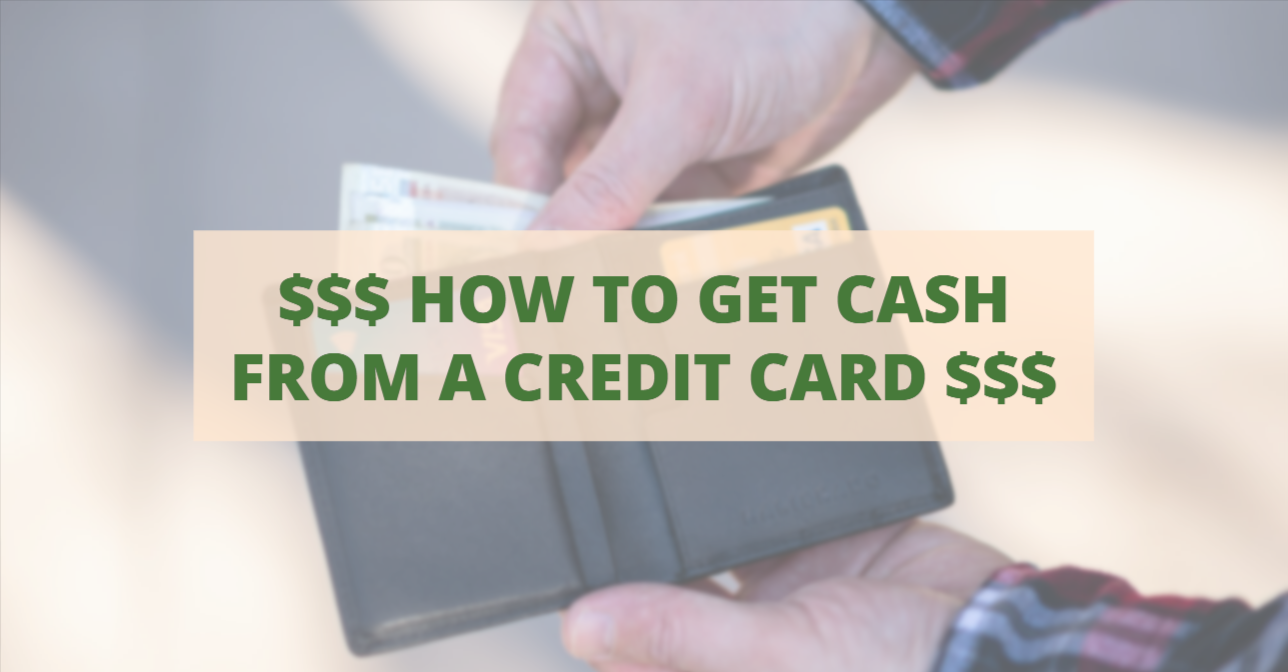Real Estate Investing Success: The Secret Formula Revealed
Real estate investing can be incredibly rewarding, but what’s the secret formula for success? The top investors follow two key principles. First, they are always on the lookout for properties. Second, they ensure they have the funding ready to seize opportunities when they arise. Let’s dive into these secrets and how you can use them to your advantage.
Always Be Looking for Properties
Top investors never stop searching for properties. They know that good deals can appear anytime and anywhere. In order to be successful, you must develop a habit of constantly scanning the market, attending open houses, and networking with real estate agents, as well as wholesalers.
Be Ready with Money
Besides searching for properties, the second key to success is having the money ready to buy properties quickly. This brings us to the concept of a “funding stack.” Top investors have multiple funding options lined up so they can act fast when a deal comes along. Let’s explore these funding options.
1. Other People’s Money (OPM)
Using OPM means borrowing money from family, friends, or other investors. This method often involves no credit checks or income verification. Therefore, if you present a good deal, people will be willing to invest.
Example: Borrow $20,000 from a friend for a down payment, promising an 8-12% return, which is better than the 3-5% they’d get from a bank.
2. Home Equity Line of Credit (HELOC)
A HELOC, or home equity line of credit, allows you to borrow against the equity in your home or rental properties. This is like a credit card where you can withdraw money as needed, making it perfect for down payments, renovations, or purchases.
Example: Use a HELOC to withdraw funds to buy a fixer-upper, then pay it back as you flip and sell the property.
3. Business Credit Cards
Business credit cards are crucial as they offer financial flexibility without affecting your personal credit score. These cards can cover expenses such as materials and labor for your real estate projects.
Example: By using a business credit card for rehab projects, you can in turn avoid the impact on your personal credit score while keeping your finances organized.
4. Hard Money Lenders
Hard money lenders provide short-term loans based on the property’s value rather than personal credit scores. They are more flexible and can close deals quickly. This makes them ideal for flips or urgent purchases.
Example: Secure a hard money loan in order to purchase and renovate a property that is in a remote area. Properties that are more remote are often avoided by traditional banks.
5. Private Lenders
Private lenders are national companies that offer loans without requiring extensive documentation such as tax returns. They often provide up to 90% of the purchase price and can cover 100% of the renovation costs.
Example: Use a private lender to buy a rental property. Then use OPM or a HELOC to cover the down payment and renovation costs.
6. Local Banks
Local banks often have favorable terms for real estate investors. Although they may take longer to process loans, they offer lower rates and can provide lines of credit for future purchases.
Example: Partner with a local bank to secure a line of credit. This gives you the flexibility to buy new properties or cover ongoing project costs.
Building Your Funding Stack
In order to build your funding stack, start with the most flexible options. These include OPM and business credit cards. As you grow you can begin to incorporate HELOCs, hard money lenders, private lenders, and local banks. In doing so, you’ll be prepared for any opportunity that comes your way.
Conclusion
Success in real estate investing comes down to two things: always looking for properties and being ready with the funding to buy them. By building a robust funding stack, you can ensure you’re always prepared to seize the best deals and grow your wealth exponentially.
For more information and resources, visit The Cash Flow Company website. You’ll find tools like our Deal Analyzer and a comprehensive guide to building your funding stack.
Watch our most recent video to find out more about: Real Estate Investing Success: The Secret Formula Revealed


